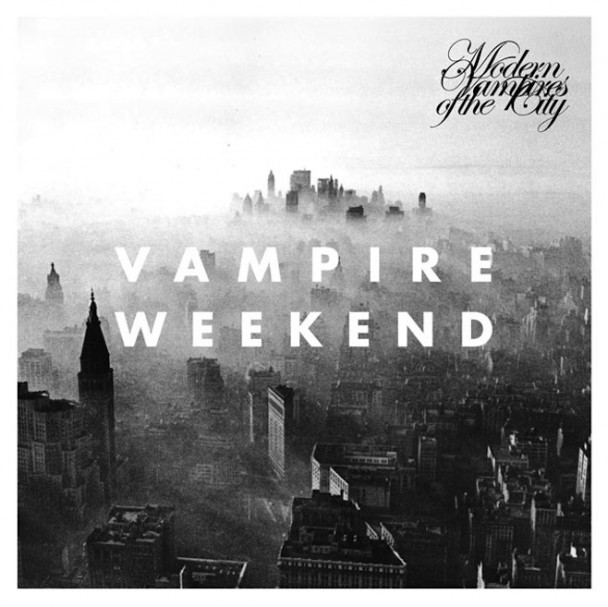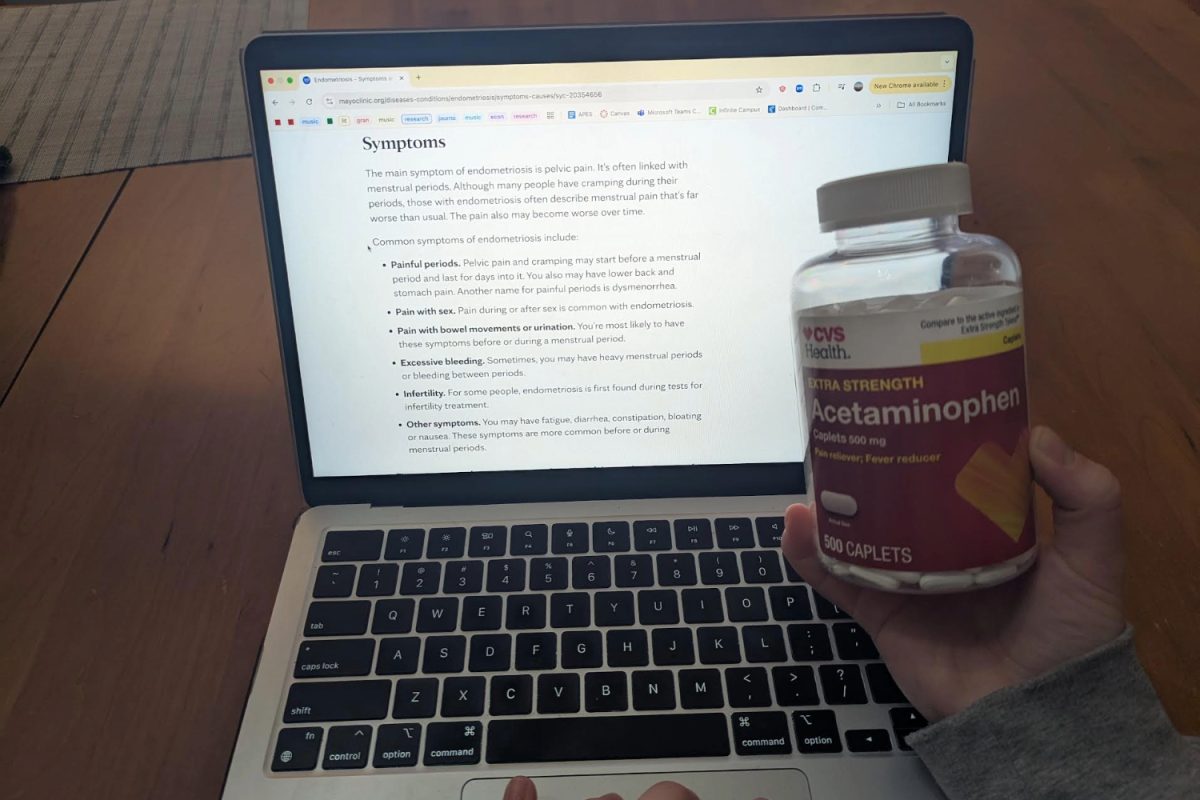
You could be forgiven for thinking Vampire Weekend was all African/reggae/new wave and liberal arts graduate aesthetics.
Most likely, everything you’ve read, seen, and heard about the band would reinforce the idea that all these college educated, well-to-do young men make is the music of well-to-do college educated young men.
And you could even be forgiven for thinking, after two albums, that that is all they are capable of.
Vampire Weekend and Contra were exactly as you’d expect, lyrically dense and referential, Ezra Koenig weaving threads around everything from class struggles to college life.
Junior Vrain Ahuja said, “The first two albums were really cool. Fresh, like not much else at the time. It was good music for summer.”
Even through all of the think-pieces from other educated men and women on the cultural appropriations on display, the juxtaposition of white liberal arts graduate students set against ethnically dissonant soundscapes didn’t lose its appeal.
But this album is different.
Senior Drake Lem said of the album, “The singles that were released early pretty much confirmed this wasn’t going to be like what we’ve heard from them before.”
Eschewing the Afro-centricity of Vampire Weekend and the breeziness of Contra, Modern Vampires of the City is louder, sharper, and sonically closer to home than ever.
Koenig touches on more mature subject matter this time around, death, time, God, but does so with a deadpan understated delivery that doesn’t yell “LOOK HOW SMART I AM!”
Junior Zack Beauchamp said, “It’s a heavier album. They don’t really sound like they did in 2008 anymore, but that’s to be expected, all of them are in different head-spaces than they were five years ago.”
As with every Vampire Weekend album, the music is multi-layered and careful, but its more aggressive and upfront this time around.
“Diane Young,” a bastardization of “Dying Young,” is the banging, thunderous number that shows this new sonic pallet. Koenig’s filtered vocals over a hailstorm of snares and synths wouldn’t be found anywhere on previous albums.
“Ya Hey,” is another example of this new direction, a sweet and beautifully constructed track, the maturity of Koenig’s lyrics play impressively over the wandering piano keys and the chipmunk-vocals of the chorus.
Inevitably, the darker tone and thematic maturity will pigeonhole this album as the mature album, but that would do a disservice to the whole gamut of emotions this body of work elicits.
It’s darker, weirder, and more esoteric, but also their most accessible album to date.
That dichotomy is an achievement in and of itself.
Modern Vampires of the City is available for streaming and download.










